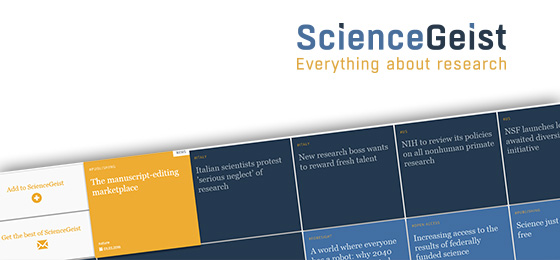Find Your Voice
Technology and practice can help shy and introverted researchers to succeed when reticence is risky.
Send us a link
Technology and practice can help shy and introverted researchers to succeed when reticence is risky.
Embargoes allow journals, universities, nonprofits, and corporations to decide what’s important — and when. That should be up to journalists.
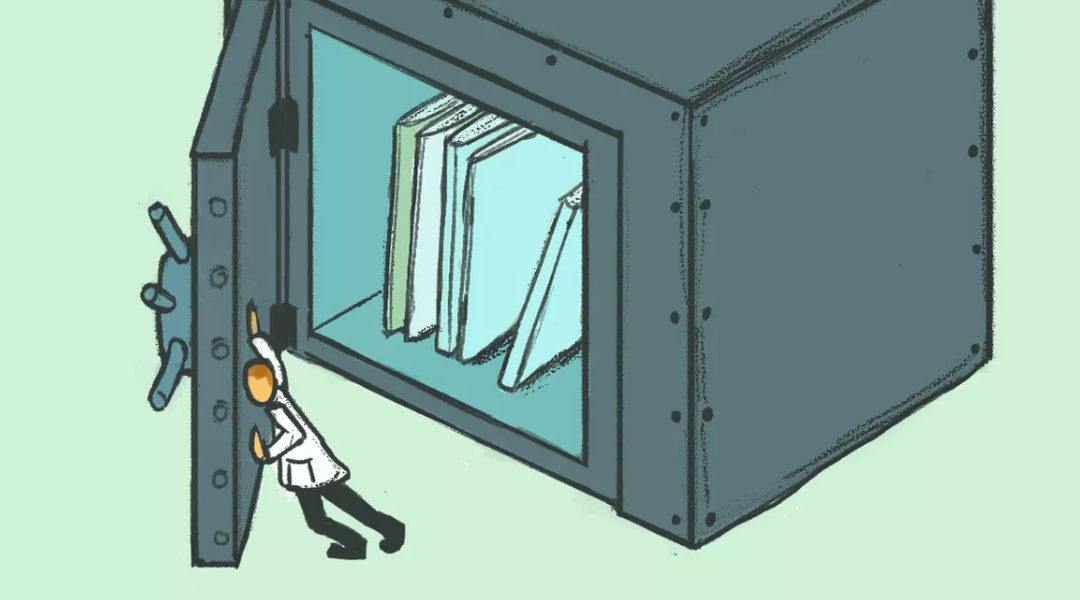
A collection of Twitter hashtags about science communication to facilitate engagement with academics and professionals on Twitter.
Biologists in particular are writing their papers in a less formal style.
In April, we announced we were pausing our public engagement funding to thoroughly review and explore the best ways for us to support public engagement activities in future. Now, we’re pleased – and more than a little excited – to share the outcome of this work.

2016 winners include journalists from China, Germany, Sweden, The Netherlands and the United Kingdom.
If you’re not willing to communicate your research, you shouldn’t be doing it, says Anne Glover.

A modest developmental biology paper prompts breathless claims of egg-free embryos

Scientists and science communicators are engaged in a constant battle with ignorance. But that’s an approach doomed to failure, says Richard P Grant.

While things are improving, we need to do a much better job of encouraging scientists to be stronger communicators, and share the wonders of science, and the important results of their research, to the broader world. To do less is a moral failure of science and academia.
Like the phone, typewriter, or parchment and ink, social media is a tool for communicating with our fellow humans. It’s the best we’ve ever had, in fact.
Dean Burnett: Some scientists argue that social media use is pointless. This scientist disagrees.

We should not have to parade ourselves on social media to please our employers or be considered enthusiastic

How to manage the research-paper deluge? Blogs, colleagues and social media can all help.
The story of CRISPR–Cas9 gene editing has tended to focus on a few key players.
Social media has swallowed the news – threatening the funding of public-interest reporting and ushering in an era when everyone has their own facts. But the consequences go far beyond journalism.

A set of twelve principles that represent the cornerstones of the future scholarly communication system. They are designed to provide a coherent frame of reference for the debate on how to improve the current system. With this document, we are hoping to inspire a widespread discussion towards a shared vision for scholarly communication in the 21st century.
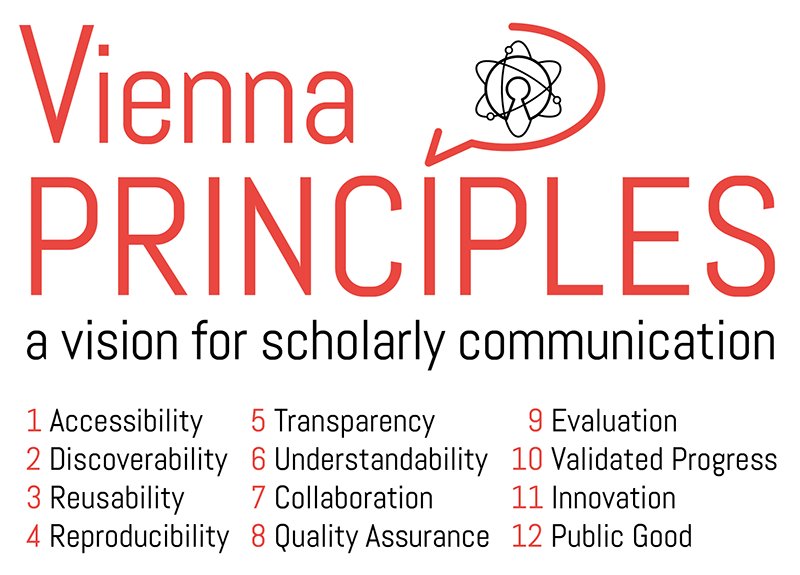
A report suggests that internal discord may tear apart the National Association of Science Writers, a near century-old professional journalism organization.

Duke University biologist Sheila Patek has faced criticism from lawmakers over her research into mantis shrimp and trap-jaw ants, with some calling her government-funded studies a waste of taxpayer money. But according to Patek, not only do her findings have important practical applications, but scientific inquiry is most fruitful when knowledge is sought for its own sake, not to justify budgets.

Over the years, the nation has looked toward different kinds of science for its salvation, and science fairs have changed with the times.

Launched twenty years ago this week, EurekAlert has tracked, and in some ways shaped, the way science is covered in the digital era.

John Oliver discusses how and why media outlets so often report untrue or incomplete information as science.
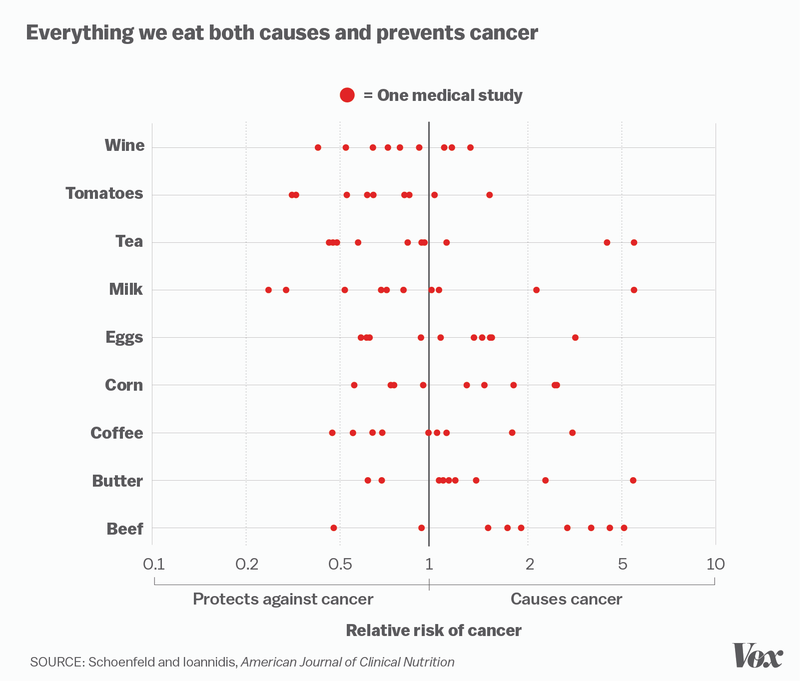
Canadian scientists are now allowed to speak out about their work — and the government policy that had restricted communications.

Who reads science blogs, and why? This broad question started this Experiment.com project, and now the results are in.
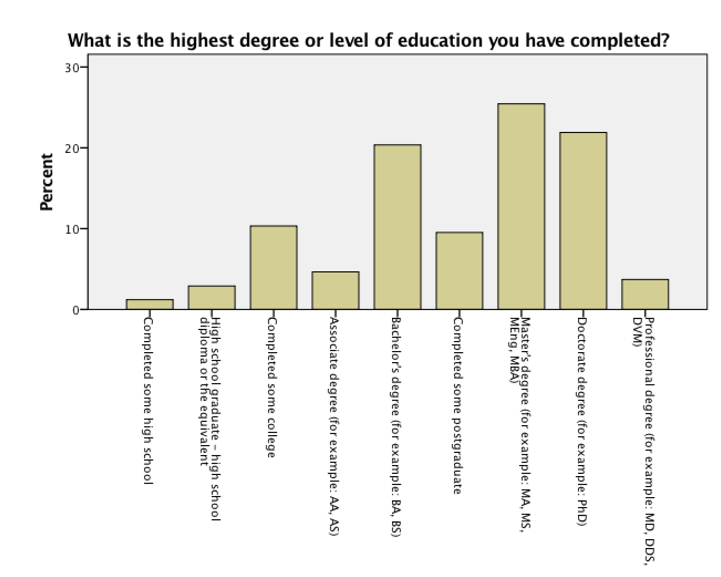
As the White House prepares for its annual science fair, it's worth remembering that these events leave some children behind.

A tribute to an old video game and to the greatest scientists in history.
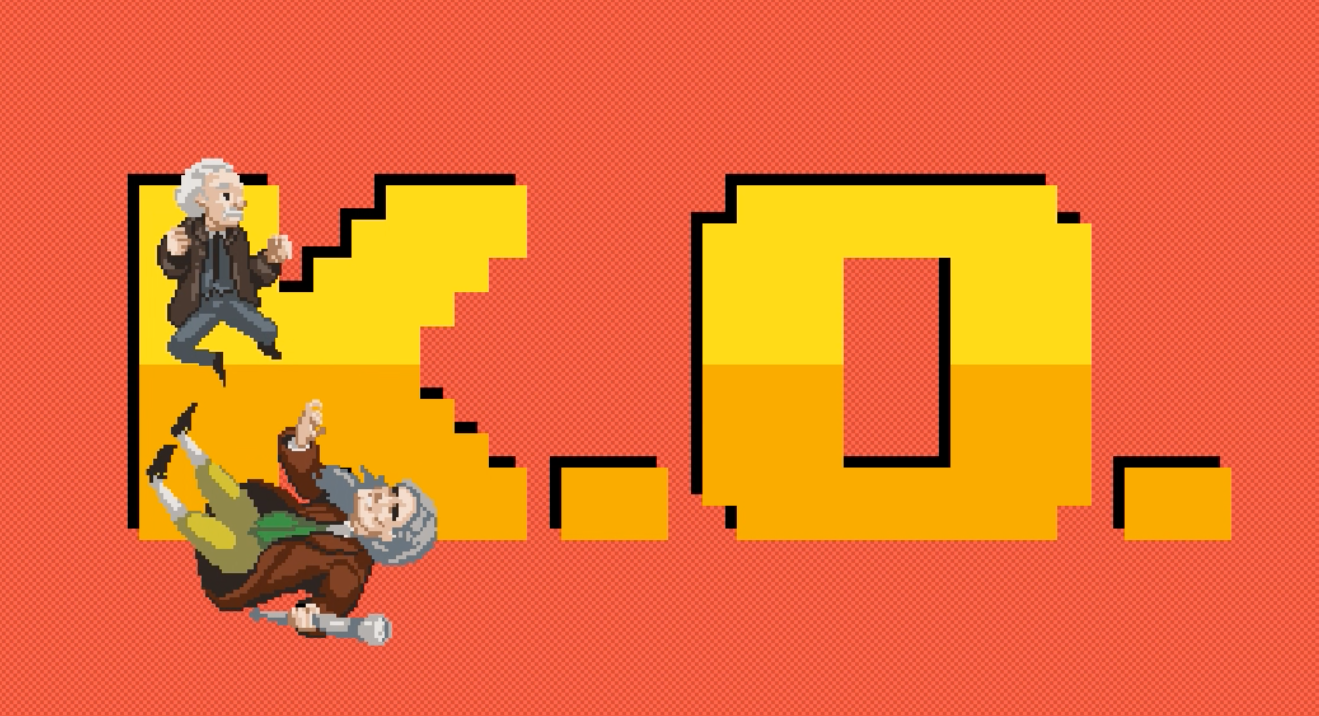
The number of researchers doubles every ten to fifteen years. In his manuscript, Gottfried Schatz highlights the problems which growth creates for science. He explains the difference between knowledge and science and the reason why less knowledge and more science should be taught in our kindergartens, schools and universities.

New York Times columnist and science writer Carl Zimmer discusses the challenges of effectively communicating with the public about science.

The new website sciencegeist.com curates news and opinions about on-going science policy issues.
